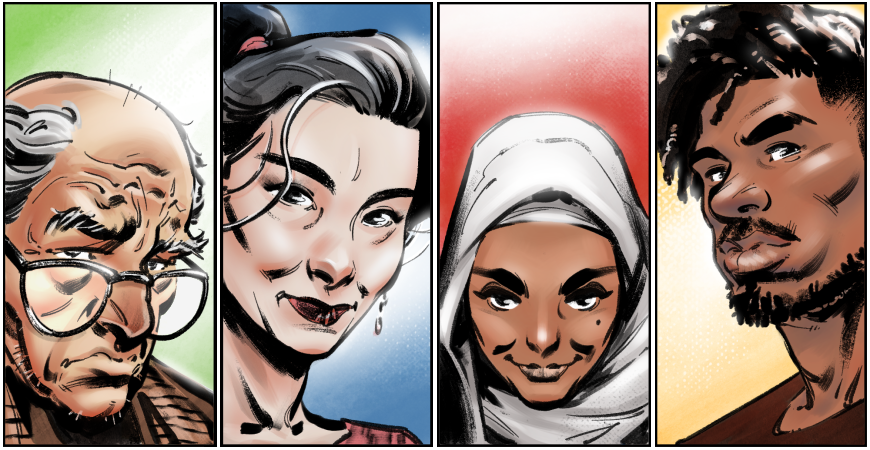So, you have a great story and you’re ready to pitch it to the media. You’ve checked all your facts, written your media release and got your spokesperson lined up. But the first question a journalist is likely to ask isn’t about any of that. What they’ll want to know is: have you got a case study?
News organisations ask for case studies (i.e. ‘real people’) for one main reason: they know that most of the time for a story to truly engage their audience, they must be able to relate to it on some level. And the fact is that people don’t relate to facts; they relate to people.
Having a ‘face’ of the story you’re trying to tell can make it far more powerful than all the beautifully crafted words or meticulously checked facts, or even articulate organisational spokespeople. A case study can tell a story in a personal way that audiences can connect to, often in very different ways. Your case study could act as an inspiration, or a warning, they could highlight the human impact of an issue, or pull at the audience’s heart strings.
Case studies can also be used to illustrate and interpret complex information in a way that audiences can understand. Take the state budget as an example. It’s a huge document filled with an overwhelming amount of numbers. If the media were to simply list all these figures in a story, audiences would switch off pretty fast. Instead, publications like The West Australian use real people in different financial situations to highlight how the numbers translate into real effects, which readers can then relate to themselves.
If your story doesn’t have a case study, you’re potentially missing out on communicating with the audience in a way they can understand; through a shared human experience. Having a ‘real person’ to talk about how the facts and figures in your media release actually affected their lives, their family, their health or their finances sends a powerful message in an authentic way. Real people are likely to be perceived by audiences as unbiased because they’re not trying to sell anything; they’re just talking about their experience. And while audiences would expect your organisation’s spokesperson to talk up your story, it carries more weight if the endorsement comes from a third party. Case studies aren’t usually media trained, they don’t repeat key messages and they may not be eloquent, but they are often the one part of a story that makes it real.
But while most organisations are happy to ask their clients to take part in a media story about a positive experience, they don’t feel comfortable asking people who have had a difficult or traumatic experience, even if they have been helped through it by the organisation. Generally, this is because the organisation is trying to protect them and to respect their privacy. And while these are very valid reasons not to ask, the point they could be missing is that some people who have been through a difficult situation actually want to share their story. Time after time in my role as a media advisor, I speak to really brave people who are willing to share their experience, and in difficult situations the reason is often the same; they want to warn others about what happened to them, so that other people don’t have to go through the same thing. Naturally, assisting people in delicate situations requires caution from your organisation, but there are many steps that can be taken to ensure the talent is comfortable and supported in talking to the media.
Of course, there are some stories where it is not appropriate to give the media access to a case study. Stories which affect disadvantaged or very vulnerable people, or children, or which could have legal implications may carry too great a risk for the person involved. In these cases, it may be possible to quote your case study anonymously, or your organisation’s spokesperson may choose to speak on their behalf.
But the next time your organisation has a story to tell, it’s at least worth considering whether you can find someone to tell it with you. It may give your story the impact news organisations are looking for.
 ReGen Strategic
ReGen Strategic